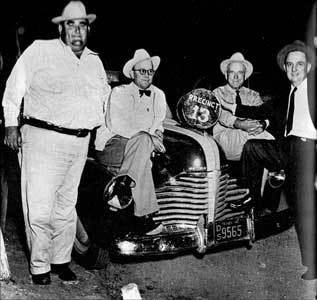What do you think?
Rate this book


522 pages, Paperback
First published March 7, 1990


Within just two years, in January 1951, Lyndon Johnsonwouldbe a leader, his party's whip...Just two years later, in January 1953, he would become the Leader of his pary. And within weeks of his election as Leader, he would begin to revolutionize some of the Senate's most sacrosanct traditions in order to concentrate the barons' prerogativesin his own hands. By 1955, with the barons' power broken and the Democrats back in the majority, Lyndon Johnson was the most powerful Majority Leader in history. pg 412Robert Caro did a great job of telling the narrative with good detail without being boring. One thing I learned was LBJ's peculiar behavior of repetitive presentation of his Silver Star (pg 51-2) and over embellishing his role during WWII in the Pacific Theater.
From the first time I thought of becoming a biographer, I never conceived of my biographies as merely telling the lives of famous men but rather as a means of illuminating their times and the great forces that shaped their times – particularly political power, since in a democracy political power has so great a role in shaping the lives of the citizens of that democracy. What I set out to try to do was to examine the way power works in America in the middle of the twentieth century.